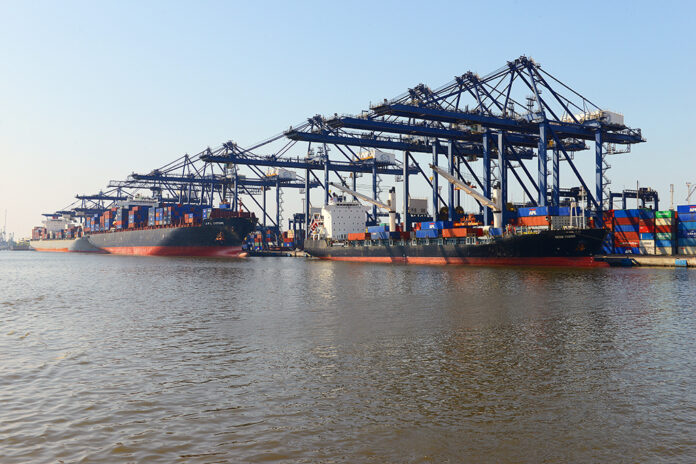In a major policy shift aimed at greening Pakistan’s maritime operations, Federal Minister for Maritime Affairs Muhammad Junaid Anwar Chaudhry on Saturday announced a 50% reduction in port charges at Karachi Port. The move is part of a broader national strategy to decarbonize trade logistics, cut emissions, and promote sustainable economic growth.
Announcing the initiative, the minister said the reduction in port handling, vessel, and storage charges—along with the cancellation of a previously planned annual 5% fee increase—will make trade more cost-effective while also lowering the carbon footprint of port activity. The reforms are expected to directly benefit exporters of dry bulk goods and reduce port congestion, contributing to cleaner, more efficient maritime operations.
“By lowering operational costs and streamlining logistics, we are not only boosting trade competitiveness but also contributing to climate resilience,” said Chaudhry. “This isn’t just a financial measure; it’s a pivot toward low-impact, future-ready maritime trade.”
He explained that the reforms would result in faster vessel turnaround times, reduced idle fuel consumption, and support for environmentally responsible supply chains. These changes are aligned with Pakistan’s push toward smart ports and sustainable infrastructure.
The minister emphasized that this policy is part of a larger modernization roadmap focused on improving energy efficiency, integrating digital technologies, and adapting maritime logistics to climate realities. Recent initiatives under his leadership include forming a high-level committee to reduce container dwell time by 70%, and deploying technologies such as AI and drones for real-time monitoring of port operations.
Reiterating the government’s commitment to environmental sustainability, Chaudhry said, “A resilient economy goes hand-in-hand with environmental responsibility. These reforms reflect the Prime Minister’s vision of a stable, green, and globally competitive Pakistan.”
He added that with rising sea levels, intensifying weather patterns, and mounting maritime pollution, climate adaptation has become central to Pakistan’s port and trade strategies. The goal, he said, is to establish the country as a future-facing, sustainable maritime hub in an era of accelerating climate change.






















